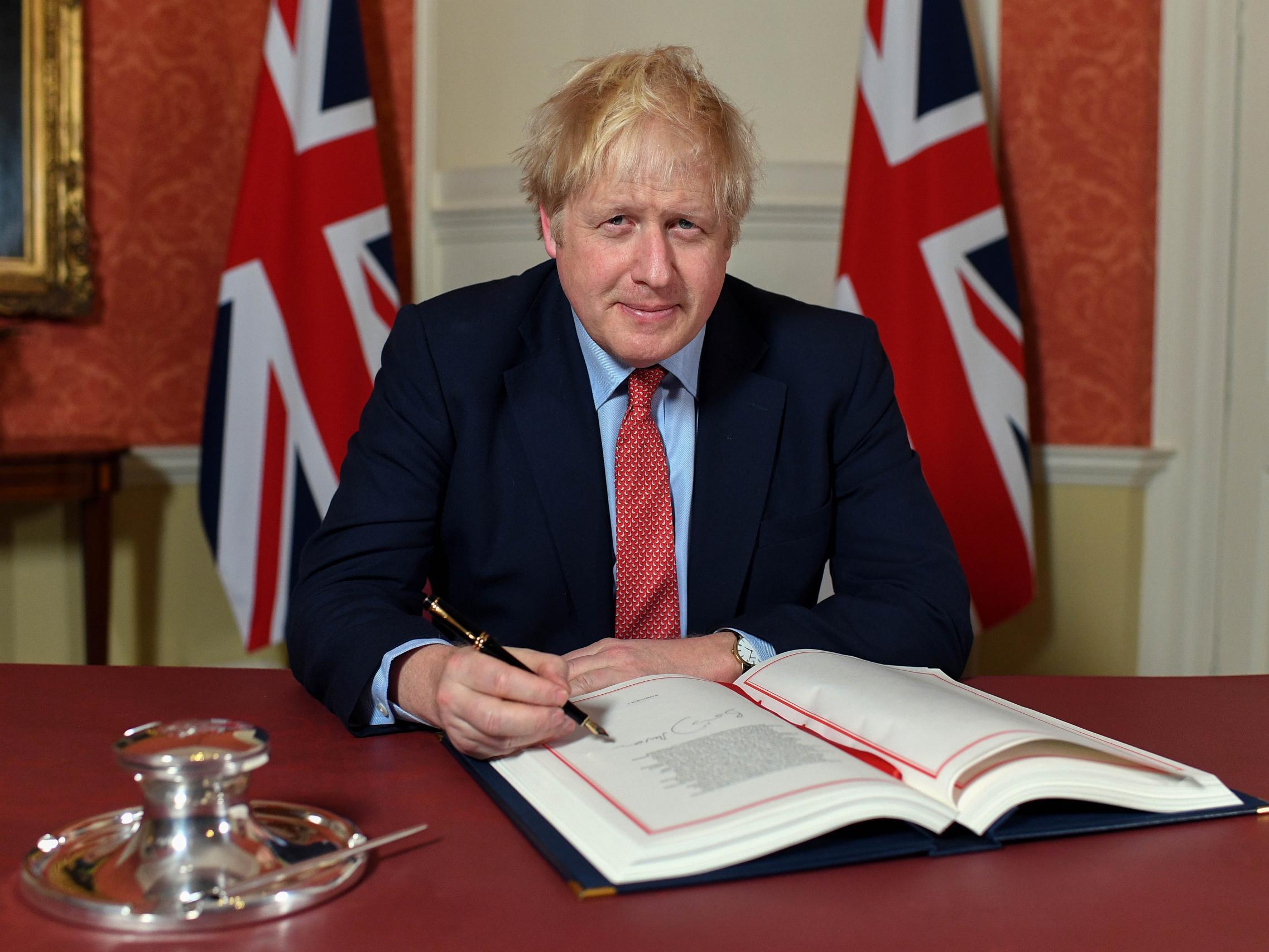Brexit uncertainty could cost UK economy £15bn by end of decade, report finds
Economic damage will accelerate the longer uncertainty persists on future trade relations with EU, report warns
Your support helps us to tell the story
From reproductive rights to climate change to Big Tech, The Independent is on the ground when the story is developing. Whether it's investigating the financials of Elon Musk's pro-Trump PAC or producing our latest documentary, 'The A Word', which shines a light on the American women fighting for reproductive rights, we know how important it is to parse out the facts from the messaging.
At such a critical moment in US history, we need reporters on the ground. Your donation allows us to keep sending journalists to speak to both sides of the story.
The Independent is trusted by Americans across the entire political spectrum. And unlike many other quality news outlets, we choose not to lock Americans out of our reporting and analysis with paywalls. We believe quality journalism should be available to everyone, paid for by those who can afford it.
Your support makes all the difference.Continued uncertainty over Britain’s future trading relationship with the EU could cost the UK economy £4.4bn annually by the end of this year and £15bn by the end of the decade, a new report has warned.
Despite Boris Johnson’s claim to be “getting Brexit done” the report by international think tank Rand Europe found that the UK’s formal departure from the EU on Friday will “only end the first phase of trade uncertainty” caused by Brexit.
And the paper gave short dismissal to the prime minister’s promise to conclude negotiations on a Canada-style free trade agreement by the end of a so-called “transition period” on 31 December, warning that talks “may take considerable time” as the UK comes to terms with the “negative long-term economic implications” of a swift deal.
Damage to the UK economy will carry on accelerating until details of the new arrangements are finally settled, with GDP growth potentially reduced by £11bn by 2025 and £15bn by 2029 unless a new deal is reached.
The report warned that any decline in GDP will feed through into higher government borrowing, at an additional cost in annual interest payments of almost £1.3bn by the end of 2020 and £3bn by 2025.
Mr Johnson’s insistence that he will not extend the transition beyond the end of 2020 has created the risk of a no-deal Brexit on disadvantageous World Trade Organisation (WTO) terms, sparking business anxiety about tariffs and quotas on exports.
The report warned that the PM will have a difficult judgment to make on the balance of costs to the UK between cutting talks short or allowing them to continue too long.
“The UK will need to weigh up the potential short-term economic implications of prolonged trade policy uncertainty if negotiations last beyond 31 December 2020, versus the potential negative long-term economic implications of an agreement that is made quickly but lacks the comprehensiveness required for a broad and deep future UK-EU trading relationship,” it said.
“Britain’s allies, especially the US, will also be concerned by any prolonged period of uncertainty about the UK’s security and defence relationships with its neighbours.
“In all these senses, 31 January 2020 is just the end of the beginning.”
The report found that Britain has already suffered “negative economic consequences” due to the 2016 referendum decision to quit the EU, as consumers reined in spending and businesses held back from investment even though the terms under which the UK trades did not change.

The report’s author, Rand vice president Charles Ries, said: “We found that the negative economic effects on both GDP and government borrowing are tangible and increase over time.
“Uncertainty around the future trading relations with the EU and the expected future increase in trade barriers, either through tariffs or non-tariffs, potentially affects firms’ foreign trade and investment decisions.”
He continued: “The UK economy could be adversely affected until the permanent arrangements are set and agreed to by both sides.”

Join our commenting forum
Join thought-provoking conversations, follow other Independent readers and see their replies
Comments